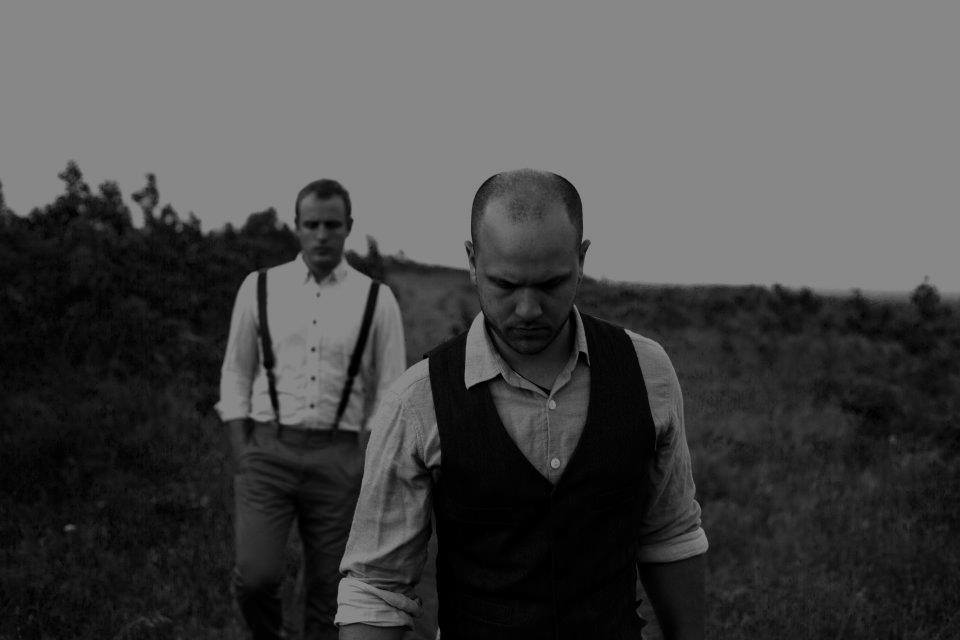

Starbucks could have claimed that Dumb Starbucks was tarnishing their brand. The law states that trademark dilution occurs if an unauthorized use of a trademark would cause “blurring or dilution by tarnishment of the famous mark, regardless of the presence or absence of actual or likely confusion, of competition, or of actual economic injury.” Blurring occurs when the trademark is not as strong because it becomes identified with unrelated goods, while tarnishment occurs when unauthorized use of the trademark will cast the real trademark in an unflattering light. While Starbucks probably could not show likelihood of confusion to win on infringement, they could potentially have sued for trademark dilution. For starters, Fielder had a very prominently displayed sheet with Frequently Asked Questions that stated explicitly that “Dumb Starbucks is not affiliated in any way with Starbucks Corporation.” Additionally, as one Freakonomics article points out, Dumb Starbucks would not confuse anyone because “literally everything had the word ‘dumb’ appended to it” and the coffee was free, which never occurs at a real Starbucks. However, it is likely that no such confusion existed in the way Fielder designed the store. For example, had Fielder simply stuck the regular Starbucks logo onto the storefront and every item inside the store, customers would not know that they were entering a fake Starbucks. The court explained that the standard for trademark infringement is that there must be a “likelihood for confusion” by customers. One of the main grounds on which a trademark holder can sue is trademark infringement. An overview of trademark law from Harvard explains that “In order to serve as a trademark, a mark must be distinctive-that is, it must be capable of identifying the source of a particular good.” In Starbucks’ case, the unique Starbucks logo on top of the store and on the cups allows customers to know that they are buying the same Starbucks coffee that they have come to love and depend on. In short, a trademark is a brand name.” Businesses rely on trademarks in order to establish goodwill and customers rely on trademarks in order to quickly identify products as coming from a reputable source. Though Starbucks never chose to sue, much has been written on whether Dumb Starbucks could actually win in court.Īccording to the United States Patent and Trademark Office, “a trademark includes any word, name, symbol, or device, or any combination used, or intended to be used, in commerce to identify and distinguish the goods of one manufacturer or seller from goods manufactured or sold by others, and to indicate the source of the goods. To accomplish this, Fielder explained that he was permitted to use the Starbucks’ trademark because he was parodying Starbucks. While the plan succeeded in drumming up huge crowds that came to see the store and get coffee, a bulk of the episode was dedicated to Fielder getting around the obvious legal issue of infringing on the real Starbucks’ trademark. In order to help a struggling Los Angeles coffee shop owner, Fielder suggests rebranding the store as “Dumb Starbucks.” The concept? The shop would look exactly like a real Starbucks, except that every item was preceded by the word “dumb,” from “dumb espresso” and “dumb tea” all the way to “dumb Nora Jones” CDs on sale. In February of 2014, Fielder’s work not only caught the attention of the media world but of the legal community as well.


Only the audience is aware that the whole experience is part of a comedic bit. Since Fielder is not a widely-recognized comedian, those receiving his help believe he is genuine and go along with his absurd and outlandish ideas. On “Nathan for You,” Fielder uses his supposed business expertise to offer advice to actual struggling businesses. However, his relative obscurity lends itself to making his show such a success.
THE BRILLIANCE TV
familiar with the Canadian comedian’s work know him primarily from his Comedy Central TV show, “Nathan for You.” With his deadpan humor and impeccable delivery, it is hard to understand why Fielder is not more widely known. A typical comedian would not devote an episode of his TV show to issues of trademark law, but Nathan Fielder is not a typical comedian.


 0 kommentar(er)
0 kommentar(er)
